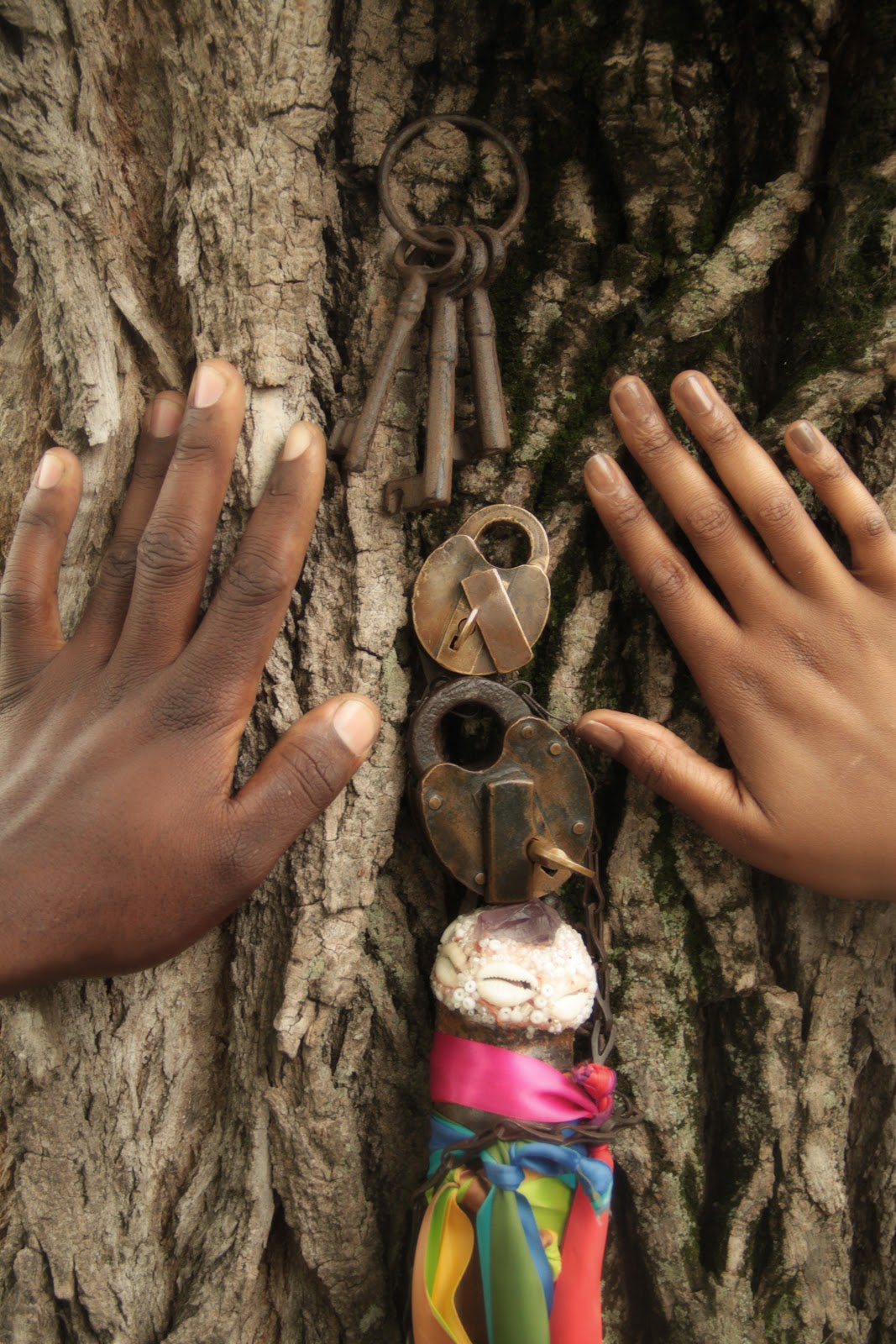Intentional Adaption Reflection
Instructions:
- Read your intention for this class 3-7 times, getting slower each time you read.
- Take 2 minutes to arrive – Arrange your body so your spine is lengthened and at ease. Notice your breath. Say “OK,” to whatever arises.
- Allow memories from the last 1-2 weeks to float into your mind (they may already be racing around).
- Notice within these memories when you had to adapt (shift, change, respond) to circumstances beyond your control. How was your intention in relationship to these moments?
- Was it present?
- Was it clear?
- If so, how did it affect your adaption?
- If not, what was guiding your choices? (Emotions, bodily needs, other folk’s choices/intentions)
- Now take 10-15 minutes to write down your responses. Allow more detail to emerge within the writing.
My intention: Open to novelty, learn and be better.
My response:
While having my intention echoes and playing the memories from the past 2 weeks in the background, I realized that I ended up analyzing my past actions based on the intention that I have in mind. I could say that I was present, because I didn’t space out too much.
It was clear to me that my intention is built on the basis of me, being in a new space and surrounded by a completely new group of people. Though the concept of teaching and learning is familiar, but it’s still something that I have to thread with caution. When facing people of different background (demography, trauma, age, gender, race), I always tell myself to “learn” how they perceive me (a new person), how my choice of words would please or might offend them or even fit into the space that I am in. From learning those reactions (from the people I interact with and the space I’m in) I realized that I can’t really say what I have in mind freely (although it could be a constructive comment/suggestion or maybe not), and I have to always be extra careful. I have always been someone who is sensitive to choice of words (I’m a minority in Malaysia and a woman. I believe I am a minority in this world), however, it is different here or wherever I go when I’m out of my country. Being extra sensitive and saying the “right” words is in a way, a way to survive when one is studying/teaching/living abroad. It is even challenging when the people you interact with aren’t being sensitive to your background and expect you to treat them with care. Open to novelty, always learn, adapt and be a better person – that’s what I’m trying to strive always.
